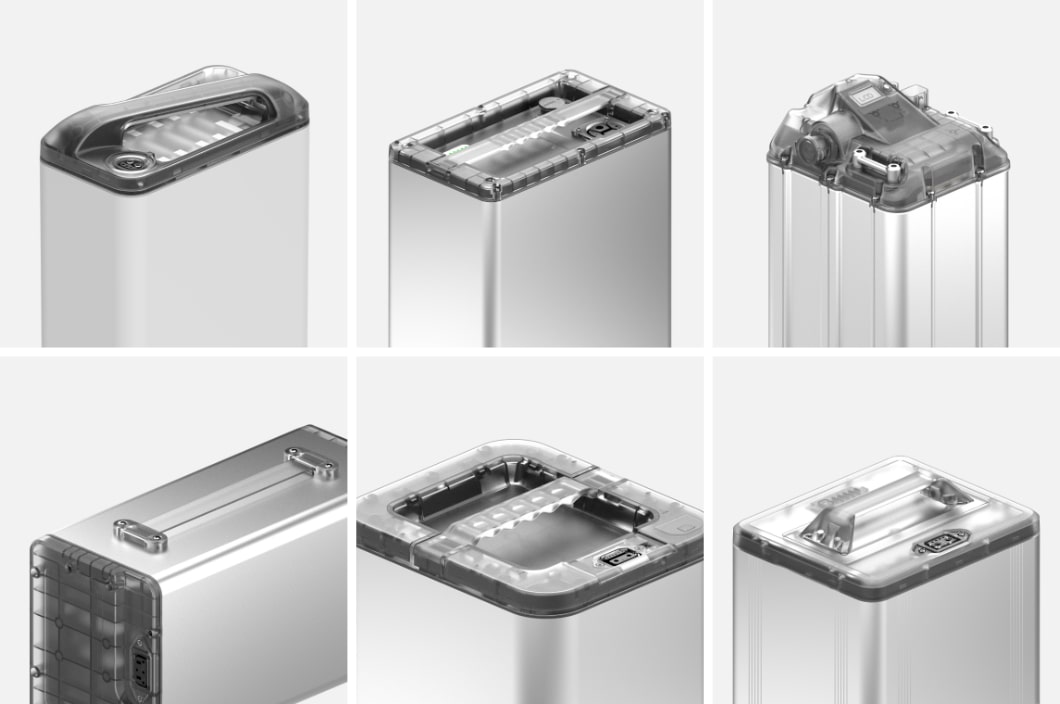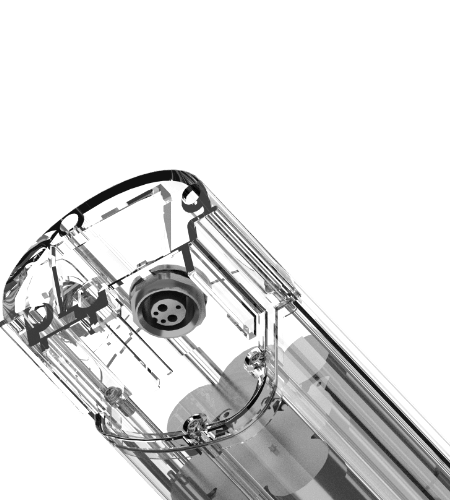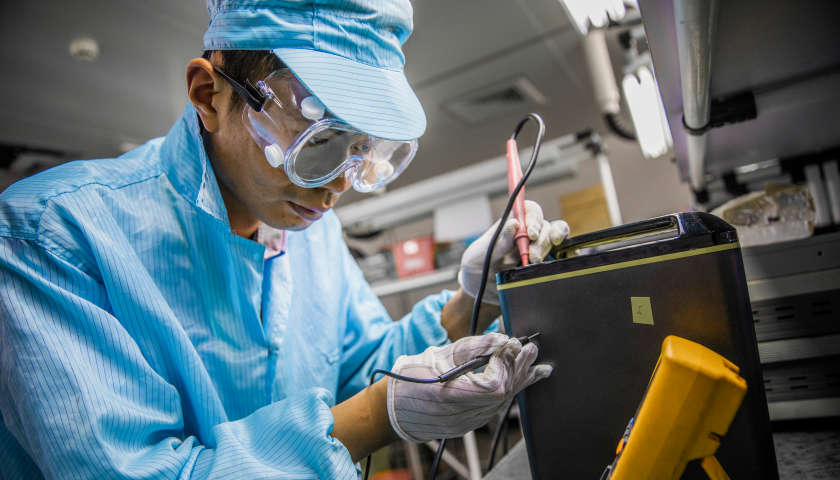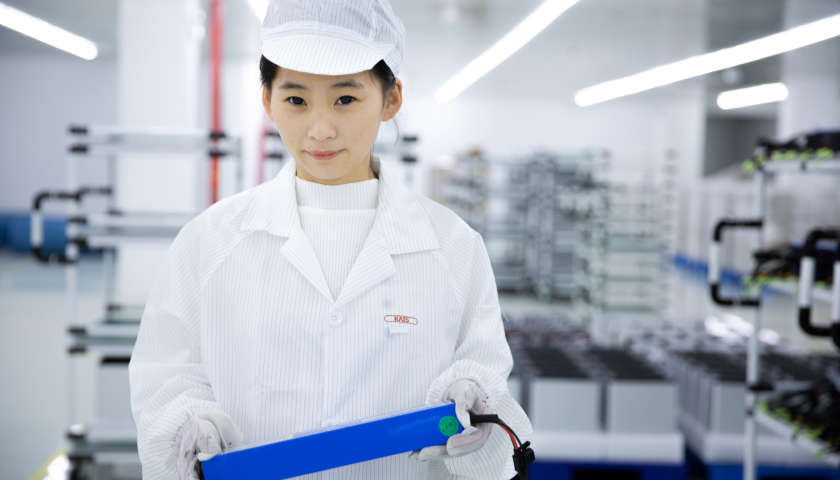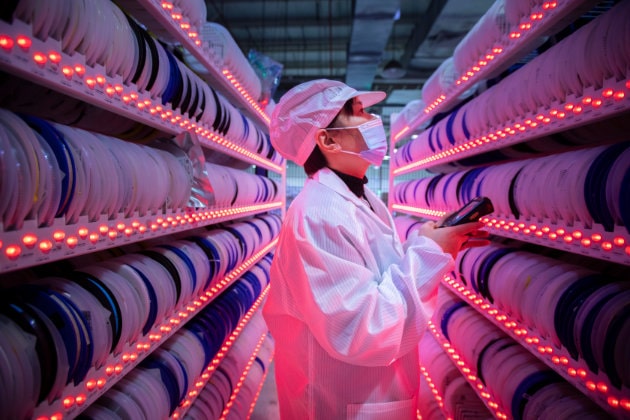CUSTOMIZABLE
TESTING SOLUTION
Kais Power provides customer-specific testing services, including electrical, mechanical, and safety-related tests, to make sure your product is designed to perfection.
TESTING ITEMS
- Electrical Tests
- External short circuit
- Short circuit protection
- Forced discharge
- Over charge protection
- Over discharge protection
- Over current protection
- Cycle life
- Insulation resistance
- ESD/EMC/BCI
- Short circuit without the BMS
- Overcharge without the BMS
- Internal short circuit without the BMS
- Imbalanced charge test
- Mechanical Tests
- Vibration
- Flipping
- Mechanical shock
- Dropping
- Extrusion
- Crash simulation
- Ingress protection
- Environmental Tests
- Salt water immersion corrosion
- Exposure to fire
- Over temperature protection
- Discharging capacity with normal current at room temperature
- Discharge with high rate current at room temperature
- Charge with high rate current at room temperature
- Discharge at low temperature
- Discharge at high temperature
- Capacity retention
- Capacity recovery
- Capacity retention for long-term storage
- Uniformity of temperature
- Thermal rest
- High-altitude
- Salt spray
- Damp heat cycling testing
- Discharge with internal water

